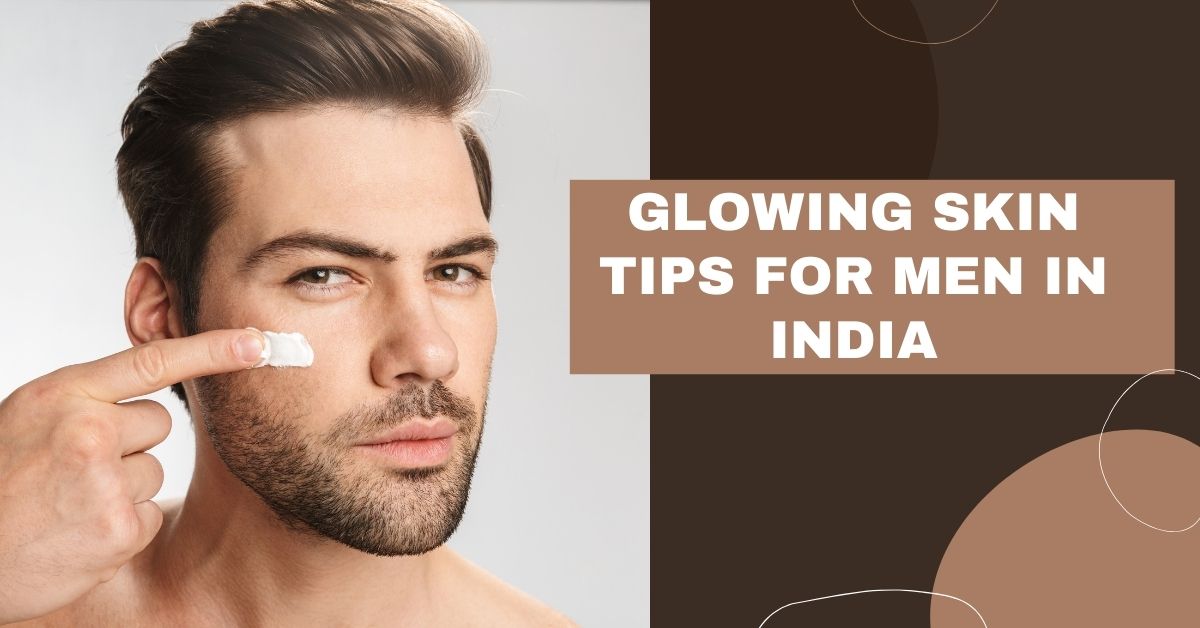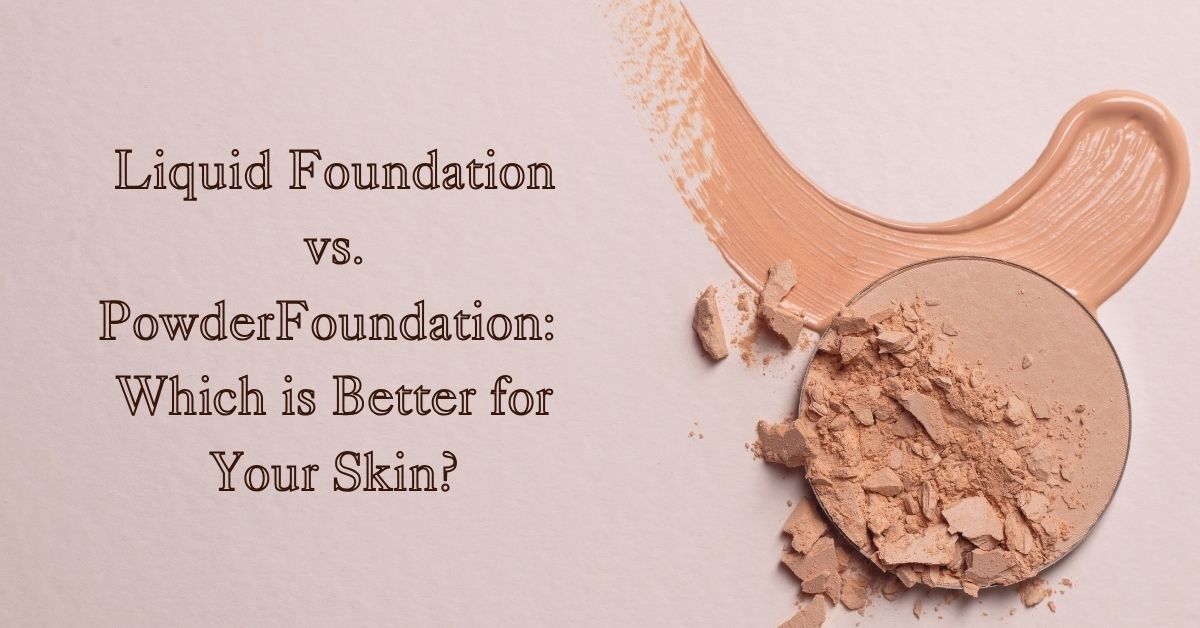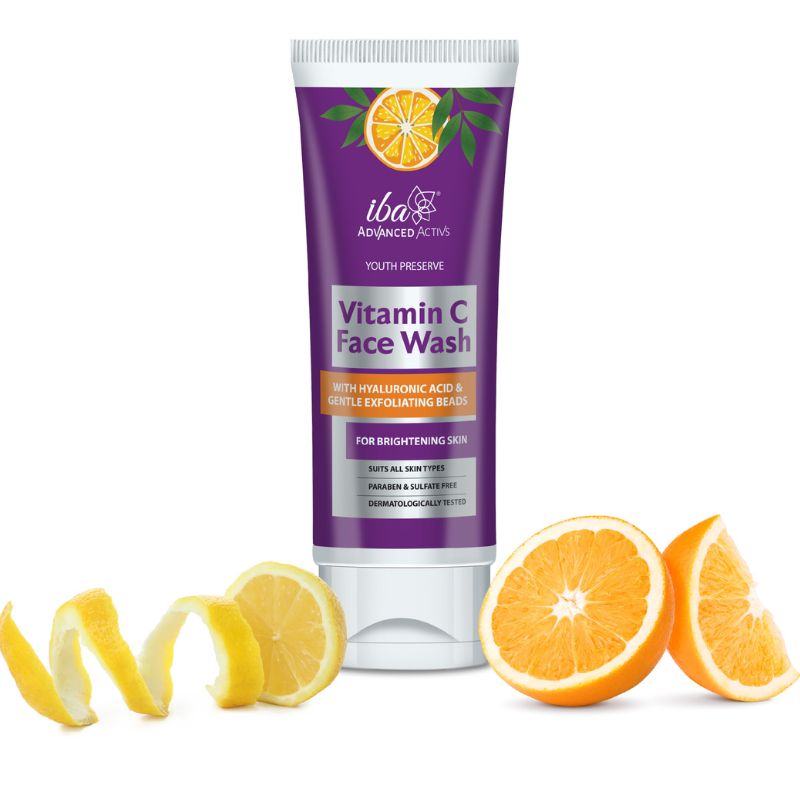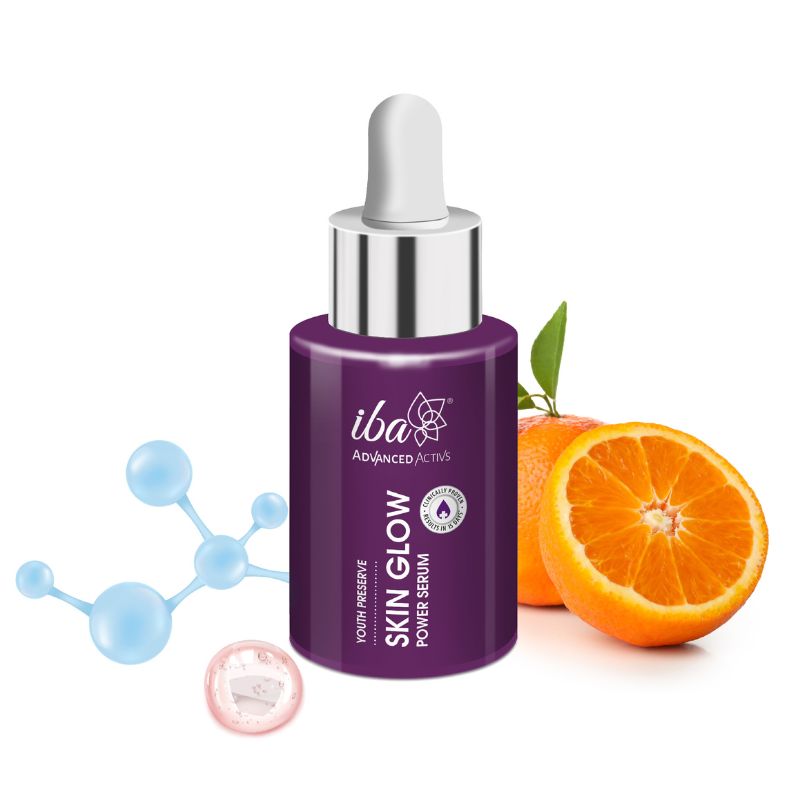Vitamin C vs Retinol: Which One Does Your Skin Need?
When discussing skincare, two common substances are Vitamin C and Retinol. Both are known for their wonderful impact on dull skin, yet they function in quite different ways. This guide helps clarify the differences between vitamin C and retinol, among other things, if you're not sure if your skin needs either.
 What is Vitamin C?
What is Vitamin C?
Vitamin C is a strong antioxidant that helps make the skin look brighter and shields it from harm caused by the environment. It’s a key part of many skincare routines, especially for people who want glowing and even-looking skin.
Vitamin C Benefits for Skin
Vitamin C is a great ingredient for your skin, known for making your skin look better as you age. One of the best things about Vitamin C is that it helps your skin make more collagen and make it appear more youthful over time. It also guards your skin against sun damage, pollution, and free radicals, which can make your skin age faster.
 To easily add Vitamin C to your daily routine, try using a gentle Vitamin C Facewash. It cleans your skin while giving you the brightening and protective benefits of Vitamin C, leaving your skin fresh and ready every morning.
To easily add Vitamin C to your daily routine, try using a gentle Vitamin C Facewash. It cleans your skin while giving you the brightening and protective benefits of Vitamin C, leaving your skin fresh and ready every morning.
What is Retinol?
Retinol is a type of Vitamin A that helps lessen the signs of aging. It’s often used to clear acne, smooth out small wrinkles, and make tired-looking skin look brighter. This makes it a good choice for mature skin or skin that often gets acne.
Retinol Benefits for Skin
Retinol helps your skin renew itself faster and makes more collagen, which can make wrinkles and fine lines less noticeable. Its ability to unclog pores and reduce sebum production makes it a popular choice for acne treatment. Retinol gently removes dead skin, leaving your skin smoother and brighter with regular use.
Vitamin C vs Retinol: What’s the Difference?
Knowing the difference between Vitamin C and Retinol in order to determine which one best suits your skincare requirements. Both ingredients are great for your skin, but they work in different ways:
-
Primary Function: Vitamin C is mainly used to protect your skin from damage and brighten it. Retinol is better for reducing signs of aging and controlling acne.
-
Best for: Vitamin C helps with dark spots and uneven skin tone, while retinol works wonders for wrinkles and fine lines.
-
When to Use: Apply vitamin C first thing in the morning and then a high-SPF sunscreen. It is recommended that you apply retinol at night and wear sunscreen throughout the day.
-
Skin Sensitivity: Vitamin C is gentler and works for most skin types. Retinol is stronger and can irritate your skin, so you should start using it slowly.
By understanding these differences, you can tailor your routine to maximize your skin’s potential.
Side Effects of Vitamin C
Although most skin types can safely consume vitamin C, large dosages of the vitamin can occasionally induce adverse effects including minor redness or irritation. To minimize the risk, start with a lower percentage and always follow up with sunscreen.
Side Effects of Retinol
In the early stages of use, the more powerful component retinol may produce dryness, flakiness, and increased sensitivity to sunlight. Gradually introducing Retinol into your routine and pairing it with a moisturizer can help mitigate these effects.
 Can You Use Vitamin C and Retinol Together?
Can You Use Vitamin C and Retinol Together?
It can be challenging to combine vitamin C and retinol in the same routine because of their different pH levels. To take advantage of both without causing discomfort, you can use vitamin C in the morning and retinol at night.
For a daytime glow, try a Vitamin C Serum to protect your skin from environmental stressors.
How to Decide Which One Your Skin Needs
The choice between Vitamin C and Retinol largely depends on your skin’s needs:
Choose Vitamin C if:
-
You want to brighten your complexion.
-
You’re dealing with dark spots or uneven skin tone.
-
You want something to help fight harmful free radicals and give your skin an antioxidant boost.
Choose Retinol if:
-
You have acne that won’t go away.
-
You’re worried about small lines, wrinkles, or loose skin.
-
You want to improve overall skin texture and firmness.
 Combining Vitamin C and Retinol: A Balanced Approach
Combining Vitamin C and Retinol: A Balanced Approach
Here's a quick routine for anyone who wishes to benefit from both ingredients:
-
Morning routine: Cleanse, apply Vitamin C serum, moisturize, and use sunscreen.
-
Nighttime routine: Wash your face, put on Retinol, add moisturizer, and let your skin heal while you sleep.
Both Vitamin C and Retinol are invaluable additions to your skincare arsenal. By understanding the difference between Vitamin C and Retinol, you can make an informed choice that aligns with your skin goals. Whether you’re looking to brighten your complexion with Vitamin C or tackle wrinkles and acne with Retinol, consistency and patience are key to achieving visible results.
FAQs: Vitamin C vs Retinol
Can I use Vitamin C and Retinol on sensitive skin?
Yes, but go carefully to avoid irritation and let your skin adjust. Begin with a little dosage of Vitamin C in the morning and then Retinol every other night. To keep your skin's protective barrier intact, always use a soothing moisturizer.
How long does it take for vitamin C and retinol to start working?
Your skin will appear more even and radiant after taking vitamin C for four to six weeks. Because it rejuvenates skin cells, retinol takes longer to remove fine wrinkles and enhance skin smoothness about 8 to 12 weeks. Remain patient and consistent to get the greatest results.
Do I have to wear sunscreen post using vitamin C and retinol?
Vitamin C and retinol can both increase your skin's sensitivity to UV rays, which is quite dangerous. It's crucial to use sunscreen daily to prevent sun damage to your skin and to enhance the effectiveness of these products.
How should Vitamin C and Retinol be stored?
To keep vitamin C and retinol operating properly, keep them away from heat and sunshine. Some vitamin C products may need to be refrigerated to maintain their freshness. Check the product's instructions for specific storage requirements.





